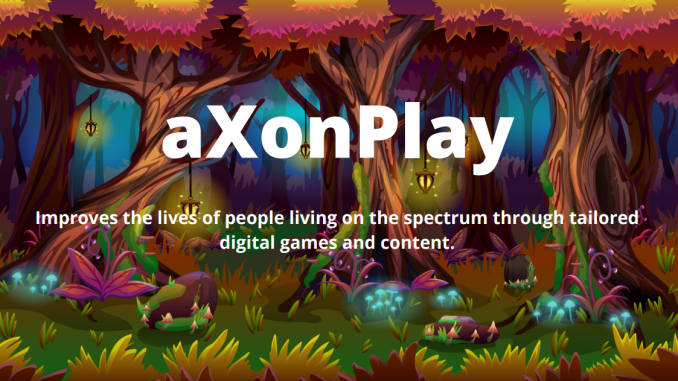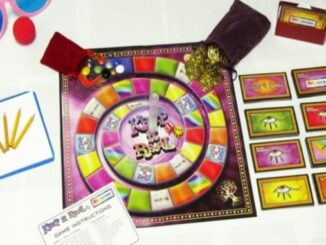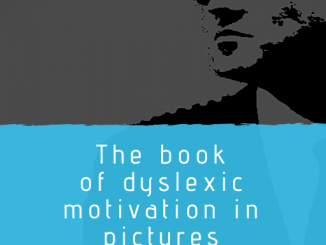
The whole world is experiencing extreme uncertainty and disruption with changes to our routines, isolation, and information overload. While many are adapting to the new reality, for the 1 in 45 people worldwide on the autism spectrum this is almost impossible as they rely heavily on routine and repetition. Currently, there is no engaging content for adults on the spectrum which addresses social resilience in relationships, rejections, and life crisis.
Although autistic children receive a lot of attention, support drops off sharply as they become adults. Most resources for individuals with ASD level 1 and 2 are tailored for younger people and are too childish and basic for adolescents and older. Other materials are aimed at parents of neurodiverse children. However, there are currently very few accessible resources for young adults with ASD aimed at developing mental resilience and other social skills.
We conducted extensive in-depth interviews with over 70 individuals who identify as having ASD, families with children on the spectrum, caretakers, occupational therapists, speech pathologists, and social workers. 85% said there are no sustainable and affordable solutions addressing social resilience issues such as:
- Rejection
- Initiating conversation
- Puberty and sexual development
- Transitioning into high school
- Independence
- Beginning or maintaining a friendship or a relationship
Our solution is a narrative social simulation game which uses interactive dialogue to help people on the spectrum manage their anxieties about social situations and develop better resilience. Set in a high fantasy world of magic and technology, the player develops relationships with a closed community of characters stuck in a temporal dislocation. Together they try and return to their correct existence before they become stuck forever. Each character challenges the player in different ways, such as establishing boundaries, dealing with intimidating behaviour such as anger or uncooperativeness, and rejection.
Nola the artificer (left) offers the player character (right) a hug as a symbol of interaction which is rejected by the play, challenging the player’s boundaries.
Repeatable dialogues allow the player to ‘dry-run’ various social situations before they might encounter them in the world. Doing so helps the player understand what kinds of feelings, thoughts and motivations other people in these situations realistically could have. By aiding the player’s ‘theory of mind’, they learn to handle anxiety about how a social situation could go wrong or how someone will react to them. This also builds insight into dealing with undesirable outcomes if they occur.
Player flow is regulated primarily by altering how much information about the interaction and the speaker is revealed to the player during a dialogue. Through character animations, effects, colour coding, and iconography, the player gets access to NPC’s perspective. As the player gets better at reading this information, it is reduced so the player has to use body language, tonal, environmental, and narrative cues instead.
While a playthrough has some narrative linearity, the characters are simulations adding a dynamic element to dialogues and an uncertain path through the story. This dynamic gameplay allows replayability to facilitate learning and keeps the challenge level tailored to the player.
By making the characters simulations, the protagonist becomes part of a simulation and an economy. As a result, the game becomes an autism simulator of sorts. While the project presents a number of design challenges, such as player motivation within a gamified teaching tool and user experience for neurodivergent players, there are two of particular importance: what are we teaching and the representation of autism.
Pedagogically, we cannot not simply teach rote ‘socially acceptable’ scripts or routines. We are not trying to normalize behaviour or teach masking skills. Our aim is to aid ‘theory of mind’ to help build insight through dynamic challenges. We are working with psychologists at the University of Technology Sydney to ensure we are delivering an effective teaching aid.
There are representational issues particularly with creating mechanics to emulate the autistic experience. We need to avoid using stale and limiting stereotypes of autism, especially those created by neurotypical people. While not the primary goal of the project, it would be a bonus if a neurotypical person playing the game experienced an insight into autistic reality. To this end, we have neurodiverse members of our team, including our game designer who is autistic, and are working closely with the community to ensure we get it right.
It’s time to provide the right resources for neurodiverse people!
We are extremely passionate about creating a better platform for people with learning disabilities. Everybody on our team has been deeply affected by this issue, some having experienced similar situations themselves. We have team members who have had extreme difficulties with social communication. As such, we have made it our mission to create better tools for people on the spectrum. We want others to be valued, integrated members of society and hope they face fewer difficulties navigating communal norms. Our team are professional game developers with a range of expertise.
If you know anyone facing these complexities please reach out to us, we are looking for early adopters and building our community.
- HOW FANTASY WORLDBUILDING COULD BE THE PATH FINDER TO SOCIAL RESILIENCE? - 11th August 2020
- HOW FANTASY WORLDBUILDING COULD BE THE PATH FINDER TO SOCIAL RESILIENCE? - 11th August 2020





Be the first to comment